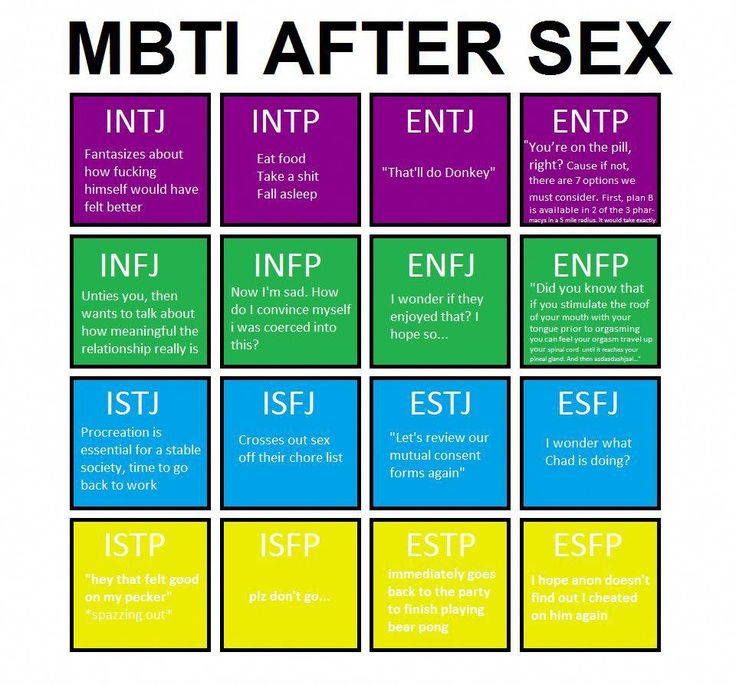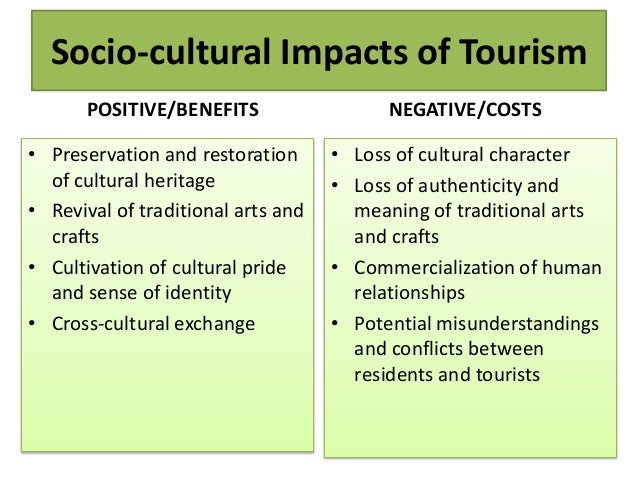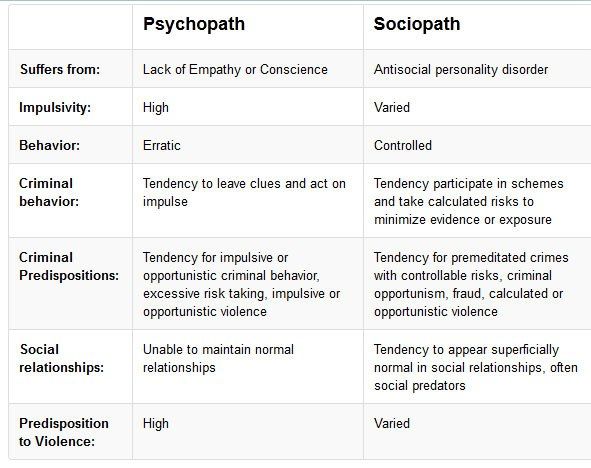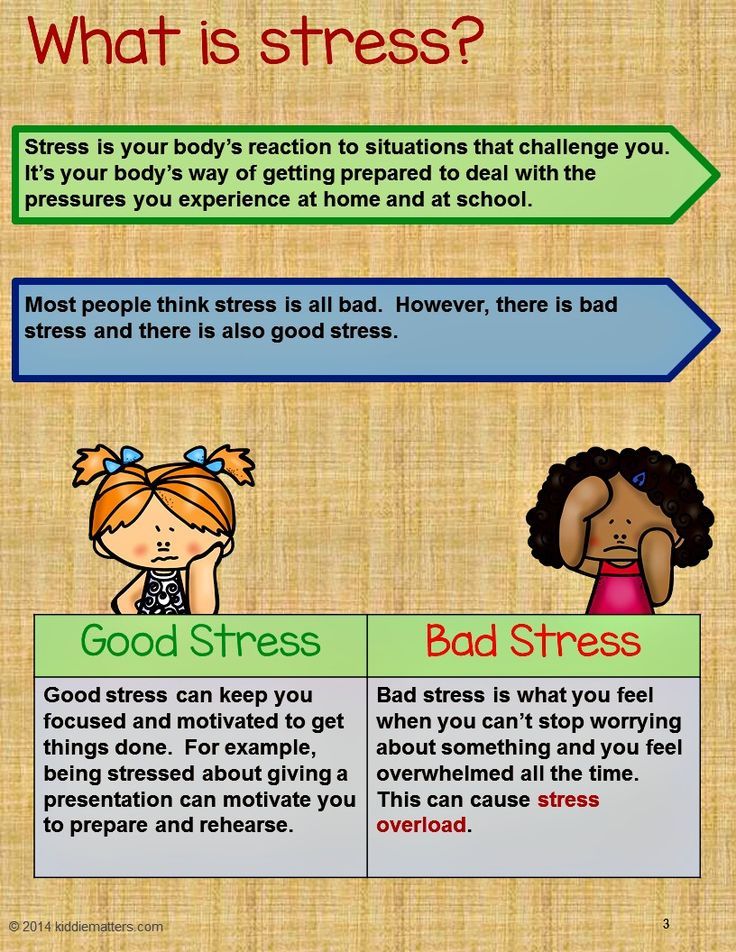Signs your child is a psychopath
10 Signs Your Kid Might Be a Psychopath
mental health
by Laura Grande
Updated August 10, 2022
…and how to avoid a true crime podcast based on them in the future! With the rise in popularity of various crime-related narratives — from books and podcasts to documentaries and made-for-TV movies — there’s also been an undeniable increase in the overall awareness of the signs of psychopathy, even among the youngest members of society. Although there’s currently no standard test that detects signs of psychopathy in kids, a growing number of experts in the field believe that it’s a neurological condition that can be flagged in little ones as young as four or five. That’s because — as shocking as it is to hear — neurological, unemotional traits (such as callousness) can be both genetic and/or environmental. The good news is that these signs can be detected and acted upon fairly early, with many psychologists suggesting parenting groups for kids between the ages of four and seven that teaches them how to socialize and curb certain instincts.
We walk you through some of the biggest red flags to watch for.
Disclaimer: If you’re seriously concerned about your child’s mental health and well-being, consider consulting your family doctor.
Pexels
Psychopath vs. sociopath: What’s the difference?
Let's talk differences between a psychopath vs. sociopath. Simply put, a psychopath is often predisposed (thanks, genetics!) to selfish behaviours and a complete lack of remorse — all while still managing to develop healthy relationships and exuding a certain charm (albeit superficially).
By comparison, a sociopath is usually created by various environmental factors (an abusive childhood, for example) and tends to behave impulsively, erratically and is prone to violent outbursts.
While both sound equally terrifying, psychopaths are far more difficult to spot because, over time, they can learn to mimic the basic human emotions that they lack themselves. Interestingly, kids can't actually be called psychopaths as it's currently designated an "adult condition" only, although there are certainly ways to detect the signs in little ones.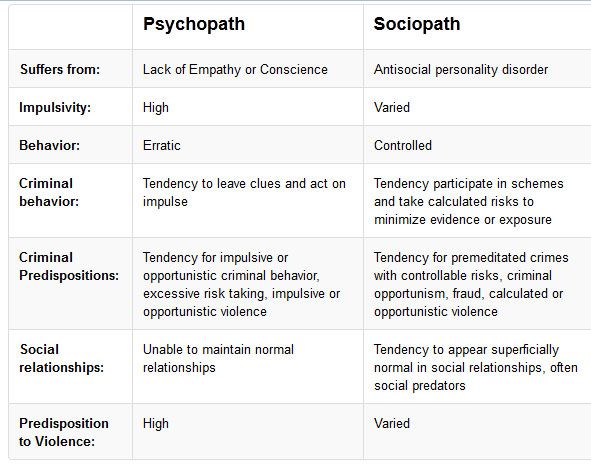 Instead, kids who display signs of psychopathy are considered to have "antisocial behaviours" until they reach adulthood.
Instead, kids who display signs of psychopathy are considered to have "antisocial behaviours" until they reach adulthood.
Unsplash
Lack of empathy
This one's a biggie. By definition, a psychopath is someone who exhibits zero empathy for others and demonstrates abnormal or downright violent tendencies without remorse. So it goes without saying that signs of this in your child is a major red flag. Psychopaths can fall into two categories when it comes to interacting in social settings: they can become withdrawn and secretive or disruptive with a history of bullying behaviour. Professor Stephen Scott from the Institute of Psychiatry clarified to The Business Insider that these types of kids aren't "just being a bit naughty, [but are actively showing] persistent aggression." They can come off as callous in their selfish actions towards others and are indifferent to the feelings of those they hurt, whether emotionally or physically.
Unsplash
Extreme tantrums
Going hand-in-hand with lack of empathy are severe bouts of anger. Many psychopaths exhibit dramatic behavioural problems as kids, from committing petty theft to schoolyard fights (wherein they're often the aggressor). But explosive, rage-filled temper tantrums that are outside the norm of the average toddler meltdown is an alarming sign that there might be something else at play with your kid — especially if they go from full-blown anger to calculated charm in the span of minutes (or even seconds). Be cognizant of drastic mood swings and the severity, frequency and context in which which they occur.
Many psychopaths exhibit dramatic behavioural problems as kids, from committing petty theft to schoolyard fights (wherein they're often the aggressor). But explosive, rage-filled temper tantrums that are outside the norm of the average toddler meltdown is an alarming sign that there might be something else at play with your kid — especially if they go from full-blown anger to calculated charm in the span of minutes (or even seconds). Be cognizant of drastic mood swings and the severity, frequency and context in which which they occur.
Pexels
Highly manipulative
As parents, we're often guilty of getting conned by our little ones on occasion. Those tearful puppy eyes or quivering lips can sometimes make us cave to even their silliest and most outlandish demands. But for kids exhibiting signs of psychopathic proclivities, this escalates to a whole new level. Although kids in general can display selfish tendencies in order to get what they want, it becomes a callous game for those with severe antisocial behaviours.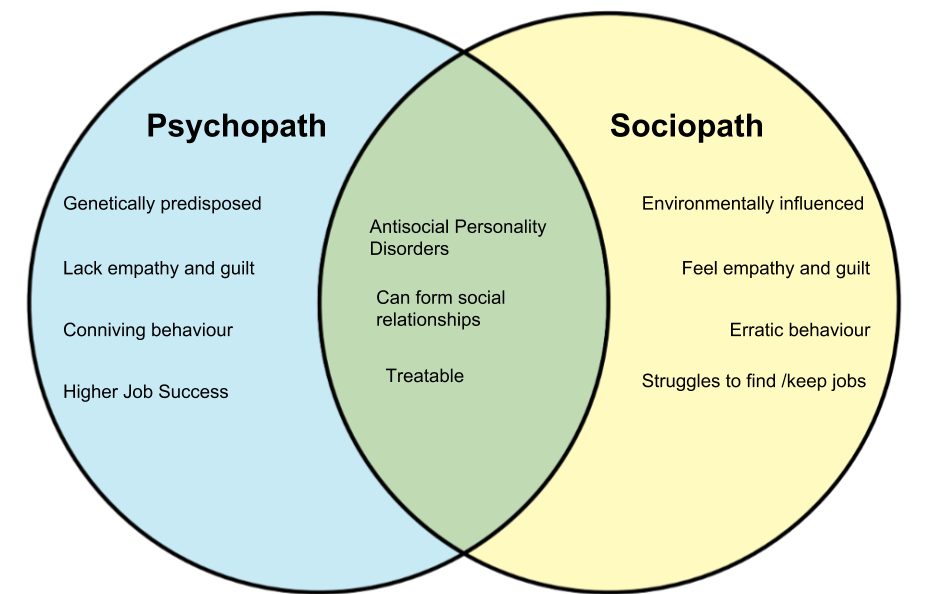 They can appear to smother you with love and shower you with affection in an over-the-top manner to get what they want. In adulthood, if left unchecked, this can escalate in intensity if they sense a romantic partner is pulling away from them. Psychopaths also have the innate ability to sense where your weaknesses lie and can pull you into their web by tapping into those insecurities — and yes, even as children. They're also quick to apologize even though they appear unfazed by punishment and show a lack of remorse for their bad behaviour.
They can appear to smother you with love and shower you with affection in an over-the-top manner to get what they want. In adulthood, if left unchecked, this can escalate in intensity if they sense a romantic partner is pulling away from them. Psychopaths also have the innate ability to sense where your weaknesses lie and can pull you into their web by tapping into those insecurities — and yes, even as children. They're also quick to apologize even though they appear unfazed by punishment and show a lack of remorse for their bad behaviour.
Unsplash
Chronic lying
Psychopaths are, at their core, chronic liars. They can't help it — it's an ingrained part of their highly-manipulative genetic makeup. They become so good at it, in fact, that they get used to the idea that they won't get caught in a lie. It's also part of why many psychopaths are able to maintain seemingly happy and healthy relationships — they know what they have to say in order to stay in people's good books.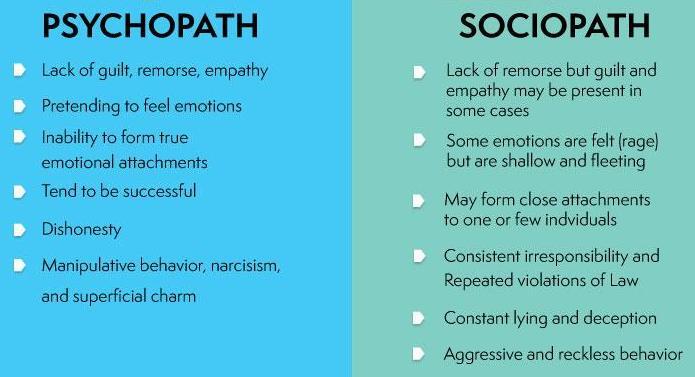 Spinning a web that suits their narrative becomes second nature to them, even at a young age. So be wary of tall tales and outlandish stories that fall outside the norm of the average imaginative child.
Spinning a web that suits their narrative becomes second nature to them, even at a young age. So be wary of tall tales and outlandish stories that fall outside the norm of the average imaginative child.
Unsplash
Lack of guilt or remorse
Why would a psychopath, even a pint-sized one, feel any sort of remorse or guilt over an action they committed when almost everything they do is an attempt to control the narrative in any given situation? In their eyes, every action they undertake is the correct one. They are right, you are wrong. And, given their propensity for manipulating feelings and using people for their own ends, it's not surprising that they lack this basic human emotion. In fact, researchers have long held the belief that psychopaths are underdeveloped in the area of the brain that is responsible for emotion regulation and impulse control. If the kiddo in your life always seems apathetic about how poorly they treated a fellow classmate or sibling, this is a big red flag.
Pexels
Indifference to punishment
Rules and punishment prove to be no barrier for a psychopath. If you or a trained professional attempt to deter a psychopath, regardless of their age, with threats of punishment you just might find yourself shocked by how impervious they are to the very idea of it. In fact, they process punishment in an entirely different manner than others. As a result, they make bolder, riskier decisions and exhibit a total lack of fear that is 100% unnerving to witness. Psychopaths tend to believe they will be rewarded for all their actions and that they have a noble reason for doing what they do. Jesse Prinz, Distinguished Professor of Philosophy at City University of New York, told The Daily Beast that, “when interviewed, criminal psychopaths sometimes sound indignant about their incarceration. They are surprised to be caught and think the punishment is undeserved...They think they have the right rule, and then suddenly there is a punishment, telling them they are wrong. ” If little Suzy just shrugs her shoulders when facing disciplinarian action on a regular basis, it might be time to visit a professional.
” If little Suzy just shrugs her shoulders when facing disciplinarian action on a regular basis, it might be time to visit a professional.
Unsplash
Superficially charming
Remember how all the characters in the TV series Dexter doted on the charming titular serial killer? That's because, thanks to his innate ability to mimic charm and common emotional responses, he had everyone fooled as to his true inner thoughts. Superficial charm is quite possibly one of the eeriest traits of a psychopath, and a common harbinger of the condition in adulthood. It's also one of the most difficult personality ticks to detect. Ted Bundy and Jeffrey Dahmer had it in abundance. But even as kids, psychopaths can be charming, conversational and ready to entertain you with a quick quip or clever comeback. As parents, we revel in our kids' blossoming personalities. As a result, however, it could be easy to miss when your kid isn't being authentic.
Pexels
Animal cruelty
This one falls under the controversial and oft-debated "Macdonald triad" theory (also known as the "homicidal triad") that is still sometimes taught in criminology and psychology classes today. In a nutshell, it's one of a set of three factors that could predict violent tendencies related to serial offenses in a child's later years. In 1963, John Macdonald of the University of Colorado School of Medicine, posited that if a kid exhibited signs of cruelty to small animals — think: kittens, puppies, birds — it was a major red flag that little Timmy could one day graduate to larger (human) victims. A total lack of respect for life, regardless of species, is a biggie.
In a nutshell, it's one of a set of three factors that could predict violent tendencies related to serial offenses in a child's later years. In 1963, John Macdonald of the University of Colorado School of Medicine, posited that if a kid exhibited signs of cruelty to small animals — think: kittens, puppies, birds — it was a major red flag that little Timmy could one day graduate to larger (human) victims. A total lack of respect for life, regardless of species, is a biggie.
Unsplash
Suffers from enuresis
In addition to cruelty to animals, the second indicator in the Macdonald triad is a tendency to wet the bed. We're not talking about potty-training toddlers here, but those who frequently wet the bed well past the "acceptable" age. If this is your kid, there's no need to panic right away. Late bed-wetting is most often the result of another preexisting medical condition, but it can also be a sign of psychopathy. It's a tricky one for parents to diagnose, too — after all, most kids suffer from this in some form during their childhood. But it's still worth mentioning as experts claim it's a common experience among serial killers in their own youth.
But it's still worth mentioning as experts claim it's a common experience among serial killers in their own youth.
Unsplash
Starting fires
Finally, the Macdonald Triad closes out with an obsession with starting fires. Pyromania, or any type of propensity for damaging property, is a common habit among young psychopaths and one that is relatively easy to detect. (It's hard to miss a burning trashcan or a kid striking up matches.) The trait likely arises from the desire to exert control over a situation, especially if the child harbours feelings of frustration or anger at their parents or other authority figures. The flames are believed to ease the tumult in their minds and feed into their desire to oversee the destruction of something valuable.
- Family
- Self
Most Popular
Watch Now:
Original Series
Latest News
Travel
20 of the Most Beautiful Canadian Cities to Live In
This land has its fair share of beautiful cities. These are our top picks.
These are our top picks.
Style
The Best Winter Boots That Will Keep You Dry and Warm
Because we all need a winter boot that offers double duty.
Learn the Signs of Psychopathy
A sign is an objective, observable phenomenon that can be identified by another person.
This information should not be used to diagnose or treat. It is not meant to take the place of consultation with a healthcare professional. If you have concerns, you should contact your healthcare provider for a screening.
Psychopathy is a developmental disorder. Therefore, parents, caregivers, and other family members should know the early signs of psychopathy and become familiar with the behaviors and traits that may appear in children at different ages. A sign is an objective, observable phenomenon that can be identified by another person. (This is in contrast to a symptom, which is a subjective experience that cannot be identified by anyone else.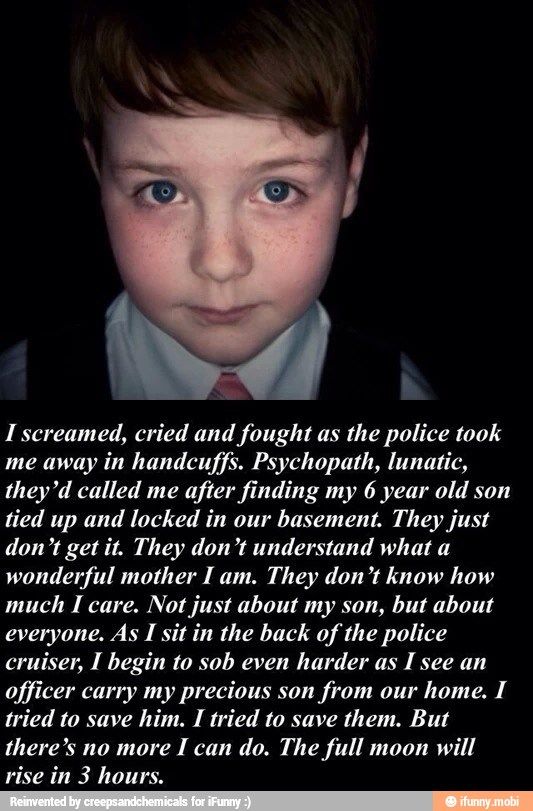 )
)
PRESCHOOL (AGES 2-4)
- Unusual risk taking, showing little fear in dangerous situations
- Doesn’t look at others’ eyes or faces as much as their peers do
- Doesn’t react when others are scared or sad
EARLY CHILDHOOD (AGES 5-10)
- May seem “cold” or not show affection
- Misbehaves more than peers, including lying, stealing, breaking rules, tantrums, or aggression
- Doesn’t seem to care about consequences like getting a time-out or having privileges removed
ADOLESCENCE (AGES 11-17)
- Doesn’t feel bad or guilty after doing something wrong
- Doesn’t seem concerned about other people’s feelings
- Acts or feels superior to other people
- Has difficulty keeping friends
- Doesn’t seem to care about performance in school
- May engage in illegal activities
ADULTHOOD (AGES 18+)
- Callous or uncaring in response to others’ suffering or distress
- Does not show remorse after hurting others or breaking rules
- Lies often and skillfully
- Manipulates people to get things
- Engages in risky or dangerous activities
- Tends not to plan ahead, leaves things until the last minute
- Irresponsible, fails to keep promises or follow through with plans
- May be superficially charming
- Doesn’t seem to care about performance at school or work
- Brags frequently
- Has trouble maintaining relationships, including friendships and romantic relationships
- May engage in violent or illegal behavior
Because psychopathy is a spectrum disorder, early signs of psychopathy vary widely. Some children show hints as early as 2 or 3 years of age. In other children, signs do not appear until they are older. Signs may emerge before age 2 in some children. But there is not yet enough data on psychopathy in very young children for these signs to be used for screening purposes.
Some children show hints as early as 2 or 3 years of age. In other children, signs do not appear until they are older. Signs may emerge before age 2 in some children. But there is not yet enough data on psychopathy in very young children for these signs to be used for screening purposes.
Not all children with psychopathy show all the signs. And many children who don’t have psychopathy show some of these signs. That is why it is essential to be evaluated by a professional.
If you have concerns, you should contact your healthcare provider for a screening.
You can also complete an online screening. Validated screening tools for psychopathy include the TriPM (Triarchic Psychopathy Model) and ICU (Inventory of Callous-Unemotional Traits). The TriPM can help determine if an adult shows signs of psychopathy. The ICU can help determine if a child has callous-unemotional traits, which are the core social and emotional risk factors for psychopathy. These short online screeners take only a few minutes to complete.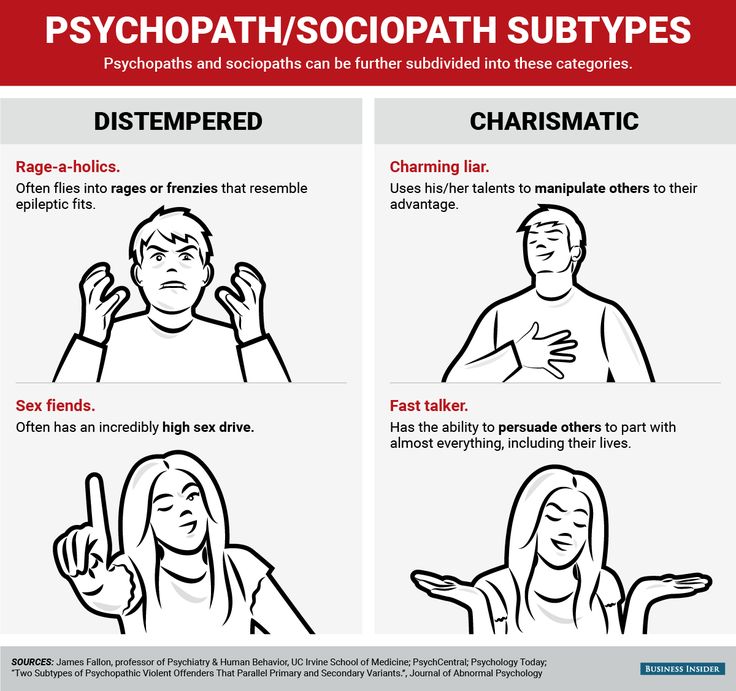
Please consult our available resources for more information:
What to Read Next
Children without emotions: how to recognize psychopathy and whether it is possible to fight it
Children can be cruel, and the reasons can be different: problems in the family or the bad influence of peers. Also, child abuse is a manifestation of a mental disorder. Barbara Bradley Hagerty told The Atlantic magazine what psychopathy is in children and adolescents and why it occurs.
Samantha's parents, Jen (a primary school teacher) and Danny (a doctor), adopted a girl when she was two years old. They already had three children of their own then, and later two more were born. From the very beginning, Samantha was a wayward child and aggressively demanded attention. Then it seemed completely normal - which of the children did not do this. The biological mother of Samantha had to abandon her daughter: she lost her job, her home and could not financially provide for four children.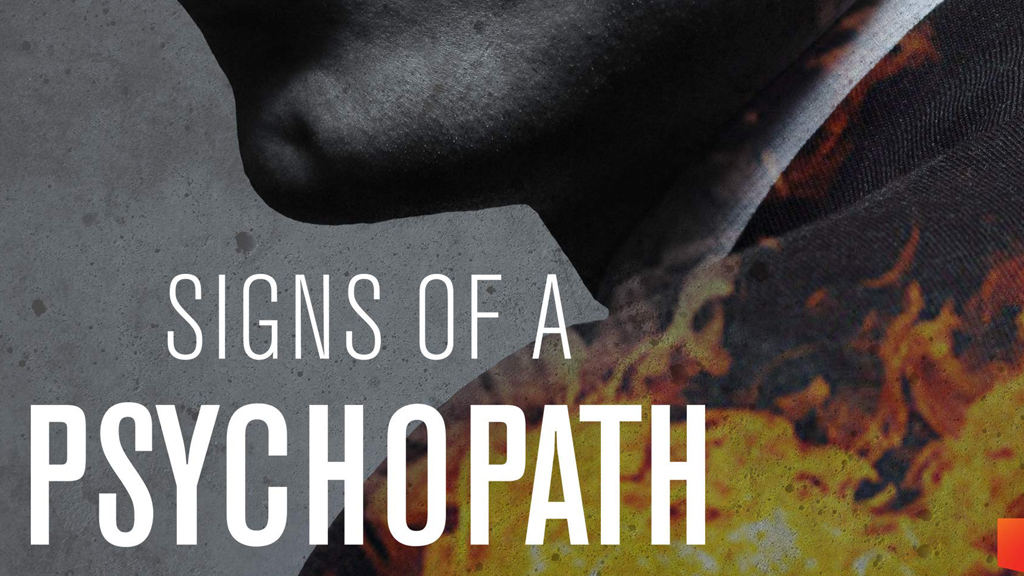 There were no signs that Samantha was being abused, and her development corresponded to all age norms. nine0003
There were no signs that Samantha was being abused, and her development corresponded to all age norms. nine0003
Samantha's cruelty began to manifest in childhood. When the girl was a little over one and a half years old, she peed on a boy in kindergarten after a quarrel with him. “She knew exactly what she was doing. I was just waiting for the right moment to get back at him,” says Jen, Samantha’s adoptive mother. When the girl grew older, she began to beat her brothers and sisters, and smiled when they began to cry. And once, in response to a remark from her foster mother, Samantha flushed her lenses down the toilet. At the same time, her behavior could not be called impulsive: she did everything deliberately. nine0003
Jen and Danny started consulting doctors and psychiatrists. Meanwhile, Samantha was getting worse. At the age of six, the girl had already been in a psychiatric hospital three times. Some psychologists said that everything would pass with age, others assured that Samantha was a very impulsive child and she needed therapy, and still others believed that the girl simply did not have enough parental love.
In December 2011, Samantha turned six. Jen was driving the kids home in her car when she suddenly heard screams from the back seat: Samantha was strangling her two-year-old sister. Jen separated them, and when they returned home, she decided to talk to her daughter:
- What were you doing?
— I tried to strangle her.
— Do you understand that you could have killed her?
- Yes. I want to kill you all.
Later, Samantha brought Jen her drawings of weapons and showed her how to use them on toys. “I was very scared and I felt that the situation was getting out of control,” Jen recalls. Four months later, Samantha attempted to strangle her brother, who was only two months old at the time.
Samantha's adoptive parents had to admit that nothing helps: neither therapy nor harsh discipline. “I read and read and read trying to figure out which diagnosis fits Samantha’s symptoms,” Jen recalls. In the end, Samantha was diagnosed with "conduct disorder with signs of callousness and emotionlessness", in other words - psychopathy. They don’t die from this, but they also can’t be cured. nine0003
They don’t die from this, but they also can’t be cured. nine0003
Signs of child psychopathy include lack of empathy, guilt, inability to experience strong emotions, aggressiveness, cruelty, and even indifference to punishment. Emotionless children can easily hurt other people to get what they want. And if they look caring, then most likely they are just trying to manipulate.
Scientists say that only 1% of children with a similar disorder are about the same as people with autism or bipolar disorder
Until recently, this disorder was hardly talked about. It was not until 2013 that "conduct disorder with signs of callousness and emotionlessness" was included in the American classification of mental disorders DSM-5.
According to doctors, psychopathy can be congenital or acquired. Some become violent under the influence of the environment in which they grow up: poverty, parental abuse, bad company. Other children grow up cruel in a caring and loving family. Scientists say that even if a child has the described traits, this does not mean that he will necessarily grow up to be a psychopath: according to statistics, only one child out of five. But no one can yet say the reason why this is happening. “These kids can't help themselves. A child does not grow up wanting to become a psychopath or a serial killer. In fact, he may dream of becoming a baseball player or an artist, says University of Pennsylvania psychologist Adrian Rein. "It's not his choice." nine0003
Scientists say that even if a child has the described traits, this does not mean that he will necessarily grow up to be a psychopath: according to statistics, only one child out of five. But no one can yet say the reason why this is happening. “These kids can't help themselves. A child does not grow up wanting to become a psychopath or a serial killer. In fact, he may dream of becoming a baseball player or an artist, says University of Pennsylvania psychologist Adrian Rein. "It's not his choice." nine0003
An experienced specialist can diagnose the disorder in a child at 3-4 years old. Normally developing children by this age begin to worry and try to console when they see that someone is crying; children without emotions - do not react in any way. The older the child becomes, the more noticeable are other features. For example, when an 8-10-year-old child deliberately commits a bad deed, without pressure from friends or anyone. But the main signal is early cruelty and a tendency to violence. “Most of the psychopaths I worked with in prison admitted that they started arguing and arguing with teachers as early as elementary school. I remember I asked one of them: "What's the worst thing you've done?" And he replied: "I beat my teacher until I lost consciousness." It’s unbelievable, but it’s not an isolated case,” says University of New Mexico psychologist Kent Keel. nine0003
Thanks to Keel's research, we know how the brain of a person with psychopathy works and how it differs from the brain of a conditionally normal person. The first difference is in the limbic system, which is responsible for processing emotions. In the brain of psychopaths, this area contains less gray matter.
A person understands that what he is doing is bad, but at the same time he doesn’t feel anything, and sometimes he doesn’t even recognize fear and suffering . In one study, children played a computer game for money, which was programmed in such a way that the child first quickly won, and then gradually lost what he earned. “Most people will stop at some point and quit the game. And children who have signs of psychopathy will continue to play until they lose everything they previously won. Their brakes just don't work,” Keel says. These kids don't learn from their mistakes. The main thing for them is to have fun. nine0003
“Most people will stop at some point and quit the game. And children who have signs of psychopathy will continue to play until they lose everything they previously won. Their brakes just don't work,” Keel says. These kids don't learn from their mistakes. The main thing for them is to have fun. nine0003
After two years of treatment, Samantha made friends. True, cognitive learning does not always help to cope with the desire to strangle an annoying classmate in the classroom. But at the same time, she understands that these thoughts are wrong, and learns to control herself. And this is already a great success for her.
Cover image: iStockphoto (Tuned_In)
How do you spot a psychopath child? 15 Common Traits and Treatment
No one wants to think that their child could be the next Andrey Chikatilo. This is one of the biggest fears a parent can have. Raising a psychopath is one of the nightmares for any parent, but there is nothing that some can do. Often children exhibit psychopathic behavior even in a loving environment. Parents can create or break a child's psychopathic tendencies, but in many cases these prerequisites are caused by a chemical imbalance in the brain. In most cases, parents have done nothing to provoke the child into such behavior and when they see this, they do not know what to do. nine0003
Parents can create or break a child's psychopathic tendencies, but in many cases these prerequisites are caused by a chemical imbalance in the brain. In most cases, parents have done nothing to provoke the child into such behavior and when they see this, they do not know what to do. nine0003
Parents tend to think that their child is like a child. Children play all the time and it is difficult to understand where the terrible behavior is, and where they just misbehave. There are several clear signs that a child may grow up to be a psychopath, but they are often ignored by parents. No one wants to think that their child is a future serial killer. Some of these 15 signs may seem relatively harmless, but if your child shows most of them, it's time to seek professional help. Specialists are trained to work with these children and it is important to get their help while the child's brain is receptive to the changes that are needed. nine0003
1. Breaking ground rules
Children break rules all the time. This is nothing new for parents around the world. Breaking the rules is a normal feature of becoming a person, whether a person is young or old. But when children violate them, such as running away from home or ignoring warnings from adults about certain things, their parents may have reason to worry. Rules are not always followed by young children, but there are things that children should not do or say. Most of them know that running away from home is a very bad thing to do. Those who ignore it are much more likely to grow up with disabilities. nine0003
This is nothing new for parents around the world. Breaking the rules is a normal feature of becoming a person, whether a person is young or old. But when children violate them, such as running away from home or ignoring warnings from adults about certain things, their parents may have reason to worry. Rules are not always followed by young children, but there are things that children should not do or say. Most of them know that running away from home is a very bad thing to do. Those who ignore it are much more likely to grow up with disabilities. nine0003
2. Bullying
There is a stereotype that psychopaths are those who were bullied at school. A lot of movies show that a child who grows up to be a psychopath was teased for being different from others. In fact, the opposite is true. Psychopaths often enjoy the feeling of harming others, and intimidation is the first step towards this. Young children do not bully as much as older children, so if a three- or four-year-old pushes and insults his friends, this may be cause for concern. There is a fine line between normal child behavior and behavior that parents should be concerned about, and bullying is one of them. If you notice that a child is different from other children, he may be a candidate for further monitoring. nine0003
There is a fine line between normal child behavior and behavior that parents should be concerned about, and bullying is one of them. If you notice that a child is different from other children, he may be a candidate for further monitoring. nine0003
3. No guilt
Children spoil all the time. It doesn't really matter if your child breaks the rules as they have been known to test their parents. Problems arise when children do not have a sense of guilt if they did something wrong. Children are not as corrupted by society as adults. They are more innocent and feel guilty when they harm another person. If a child is told that he has hurt another, he should feel sorry for him. If he does not experience this, you need to contact a psychiatrist. nine0003
4. Ignoring feelings.
One of the key differences between a child who shows signs of a psychopath and a child who shows signs of autism is the ability to empathize. Children with autism cannot imagine how pain another person would feel. They can understand their own emotions, but not others. Psychopathic children are the opposite. They understand how the other person feels, they just don't care. The only person who is important to them is himself and the emotions of others have nothing to do with them. nine0003
They can understand their own emotions, but not others. Psychopathic children are the opposite. They understand how the other person feels, they just don't care. The only person who is important to them is himself and the emotions of others have nothing to do with them. nine0003
5. No effort to make friends
Children who are at risk of becoming full-fledged psychopaths do not care about other people's feelings. They only care about their feelings, so they don't need any comrades. There are those who are really friends, but these relationships usually do not last long or have some kind of material benefit. There are children who have problems with friends, but there is no reason to think that they are psychopaths. Psychopathic children usually don't have problems making friends, they just don't want to have them. The other kids try to befriend them but get scared off when they show their true colors. nine0003
6. Manipulation
As mentioned above, psychopathic children do not have the same emotions as normal children. They may understand that their actions hurt the other person, but they don't care. They don't feel remorse like normal children and show emotions when it suits them. They make others believe what they feel in order to reach their goal. This does not include children who whine to get a new toy or candy. This is normal child behavior. It's more about calculated emotional manipulation. And if a child has these signs, then this may be a signal of a big problem. nine0003
They may understand that their actions hurt the other person, but they don't care. They don't feel remorse like normal children and show emotions when it suits them. They make others believe what they feel in order to reach their goal. This does not include children who whine to get a new toy or candy. This is normal child behavior. It's more about calculated emotional manipulation. And if a child has these signs, then this may be a signal of a big problem. nine0003
7. Aggressive behavior towards step-siblings
Physicians who study possible psychopathic traits in children often ignore sibling violence. They fight and it's just part of growing up. Brothers and sisters often express disregard for the feelings of another, but this is not a warning sign. But it's worth considering when a child expresses the same behavior on the playground. If he does this with several other children, especially those they have just met, this may be cause for concern. nine0003
8. Blaming others for your actions
It is difficult for anyone to take full responsibility for their actions. Many adults struggle with this, and children do not deny that they shift the blame when it comes to punishment. There is a difference between an innocent accusation and behavior that can lead to a psychopathic diagnosis. Children who exhibit psychopathic behavior often blame other children and adults for mistakes they themselves have made. This is hard to distinguish from normal childhood antics, as children will always blame their siblings. Many children are responsible for what they have done, and children with a psychopathic diagnosis do not take it upon themselves. nine0003
Many adults struggle with this, and children do not deny that they shift the blame when it comes to punishment. There is a difference between an innocent accusation and behavior that can lead to a psychopathic diagnosis. Children who exhibit psychopathic behavior often blame other children and adults for mistakes they themselves have made. This is hard to distinguish from normal childhood antics, as children will always blame their siblings. Many children are responsible for what they have done, and children with a psychopathic diagnosis do not take it upon themselves. nine0003
9. Very responsive to rewards
Most children are motivated by rewards for doing something, and for children with psychopathic behavior this is the only way to motivate. These children are often only interested in an activity or task if they are rewarded with something. This kind of motivation is also not restrained by other people's feelings. If the child knows that he is going to hurt another, but receives a reward for it, he will complete the task.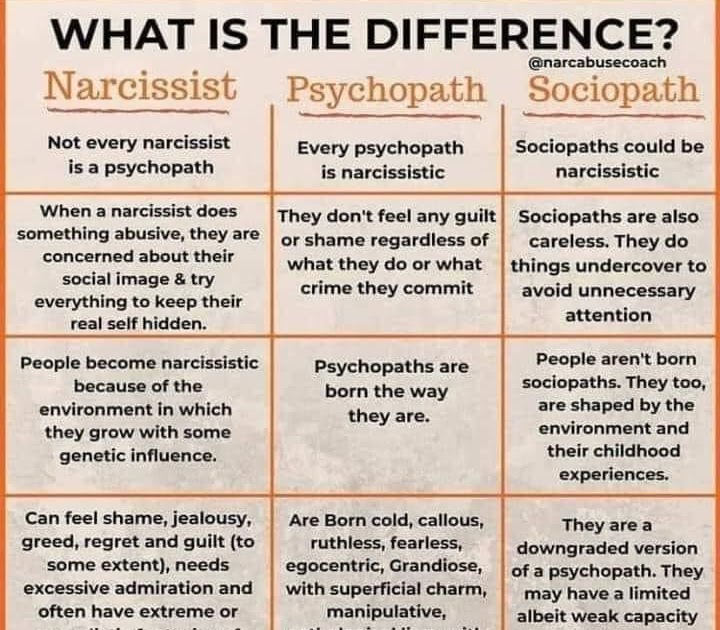
10. Theft
Stealing is one of the main telltale signs that a child is expressing psychopathic behavior. If he steals from other children or their parents, this is a serious crime. He does not care that he will upset someone and if he wants something, he will do it. Nobody wants their child to be a thief, and just because he stole something doesn't mean he's a psychopath. But if you do not pay attention to this, then growing up he will behave worse.
11. Do not take responsibility for failure
Children who express psychopathic behavior do not take responsibility when they fail, but instead blame others. It's mostly about games and sports or anything else that requires teamwork. The psychopathic child will blame other people on his team if they lose, instead of admitting their role in the failure.
12. Lack of fear
Children with inclinations show much less fear in the face of danger. They take risks more often, a high fall does not scare them. As they age, their risks become more tangible and carry higher stakes. A child who likes to climb trees or ride a skateboard may not be deficient. But if he takes unnecessary and unreasonable risks, then there is cause for concern. nine0003
13. Negligence
Children usually crave the approval of their parents and other adults. They like to be told that they have done a good job and see the result of their hard work. Children with disabilities do not care about this. Whether it's sports, school, or extracurricular activities, they show a complete lack of interest. Although the goals are achievable and children are able to achieve them, they are simply not interested in it. This may not be a deviation, but such behavior is one of the telltale signs. nine0003
14. Immunity to punishment
Children with psychopathic behavior often feel no remorse for their actions. They don't feel bad about stealing or damaging something if they think it will lead to a possible win.

